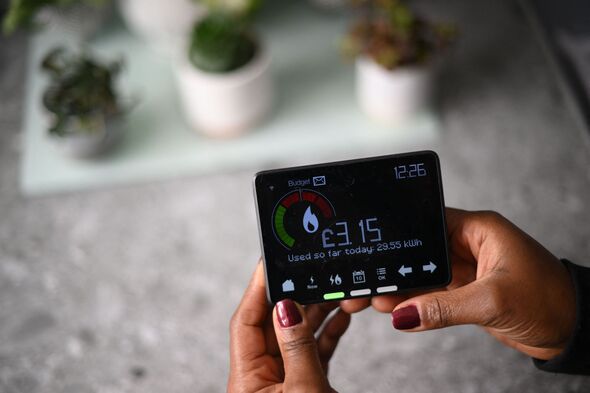Facing rising energy costs can significantly strain personal budgets, especially in the UK where living expenses are already high. To effectively manage this financial burden, it’s essential to find strategies that help minimise energy expenditures in everyday life.
This guide outlines practical methods to reduce the impact of these expenses, ensuring that you can keep your utility costs in check while maintaining a comfortable lifestyle.
Understanding your energy consumption

To manage energy costs effectively, it is crucial to understand how energy is consumed in your household. Begin by analysing your energy bills to identify peak usage times and see which appliances contribute most to your energy consumption. Smart meters can be incredibly helpful here, providing real-time data on your energy use, allowing you to adjust your habits accordingly.
Consider conducting an energy audit of your home. This might involve a professional evaluation or a DIY approach using online resources. The audit will identify areas where energy efficiency can be improved, such as insufficient insulation, outdated appliances, or energy-wasting behaviours. Improving these areas can lead to significant savings over time.
Investing in energy-efficient appliances
Energy-efficient appliances are designed to use less electricity without compromising performance. Investing in these can significantly reduce your energy costs in the long run. Look for appliances with high energy efficiency ratings, often identified by the Energy Saving Trust Recommended label or similar certifications. While the initial cost may be higher, the savings on your energy bills can offset this over the appliance’s lifetime.
When replacing appliances, consider those that have multiple energy-saving modes. For instance, using cold water settings in washing machines or economy settings in dishwashers can conserve energy. Additionally, maintenance plays a key role. Regularly servicing appliances such as boilers and HVAC systems ensures they run efficiently, further reducing energy consumption.
Embracing renewable energy solutions
Adopting renewable energy sources can help decrease your reliance on the grid, thereby reducing your energy costs. Solar panels are a popular choice for many UK homeowners due to their potential to significantly decrease electricity bills and contribute positively to the environment. Although the initial investment can be substantial, UK government incentives and schemes may be available to assist with the cost.
You might also consider smaller scale renewable solutions, such as solar water heaters or wind turbines, which can complement your existing energy sources and improve your home’s overall efficiency. These solutions can be particularly effective in rural or suitable urban environments where conditions allow.
Utilising government schemes and rebates
The UK government offers various schemes and assistance programmes aimed at reducing energy costs for consumers. These can provide financial support or access to subsidised energy efficiency improvements. Familiarising yourself with these options can help take advantage of available financial relief and increase your home’s energy efficiency.
One such scheme is the Energy Company Obligation (ECO), which supports low-income households in improving energy efficiency through grants or subsidised installations. The Warm Home Discount Scheme provides eligible households with a rebate on their electricity bills, helping to alleviate financial pressure during winter months.
Adapting lifestyle changes for energy savings
Altering your daily routines can also lead to reduced energy costs. Simple actions, such as urging family members to be more mindful about turning off lights and devices, can result in noticeable savings. Similarly, adopting habits like line drying clothes instead of using a tumble dryer can cut down electricity use.
Consider setting your thermostat slightly lower in winter and dressing warmly indoors. In the summer, use fans instead of air conditioning to keep cool. These adjustments, however small, can lead to significant reductions in energy bills. Smart thermostats can also help in maintaining optimal temperatures, using energy only when needed.
Regularly reviewing and switching energy suppliers
One of the most effective strategies to reduce energy costs is to regularly review your energy supplier and tariff options. The UK has a competitive energy market, and switching suppliers can lead to better deals and lower rates. Many comparison websites show available tariffs, allowing you to evaluate and choose the best one that fits your consumption pattern.
Seek out fixed-rate or capped-rate plans that protect against unexpected price increases. Be sure to check contract terms for any exit fees or conditions before switching. Often, energy suppliers offer incentives to new customers, which can also contribute to your savings.



